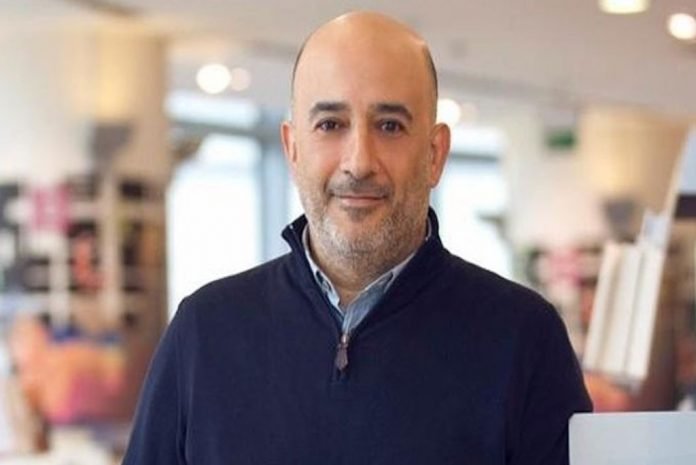Uğur Gürses, an award-winning Turkish columnist, has left the Hürriyet daily following the publication’s takeover by a business group with close ties to Turkish President Recep Tayyip Erdoğan.
Gürses gave no reason for his departure in comments on Twitter on Wednesday.

In his last column for Hürriyet daily on Friday, Gürses berated a decision by Erdoğan to reduce the terms of the central bank’s governor and his deputies to four years from five. The measure, taken by presidential decree on the day of Erdoğan’s inauguration last Monday, compromised the central bank’s independence and was a mistake considering that foreign investors were reducing their exposure to Turkey, leaving the country will fewer funds to finance its gaping current account deficit, he said.
Gürses also pointed out that foreigners are having trouble finding buyers for Turkish lira bonds as interest rates in Turkey increase, meaning they are forced to sell them at lower prices in order to exit the Turkish market. The government had claimed investors would put money back into the country after Erdoğan won re-election on June 24 with enhanced powers, he said.
Turkey’s Demirören Group bought the Hürriyet daily and other media assets belonging to businessmen Aydın Doğan in March 2018.
Gürses joined Turkey’s central bank in 1986 and specialised in areas such as foreign exchange policy, open market operations and currency reserve management. He left in 1994 to work in the banking industry before joining CNN Türk, a sister company of the Hürriyet daily, in 2000. He joined the newspaper in 2014 after writing for several other national dailies for 15 years.
Gürses has won numerous awards for his writing, including an annual prize from the Turkish Capital Markets Association in April.
Concern among investors that Turkey’s economy is overheating due to Erdoğan’s pro-growth policies has led to losses of about 20 percent for the Turkish lira this year. The currency plummeted to a record low in May, forcing the central bank into a belated decision to increase interest rates. Erdoğan, who has pledged more personal control over monetary policy, opposes higher rates, saying they are inflationary. The inflation rate surged to 15,4 percent in June, a level that is about four times the average in major emerging markets.
Turkey is ranked 157th among 180 countries in the 2018 World Press Freedom Index released by Reporters Without Borders (RSF). If Turkey falls two more places, it will make it to the list of countries on the blacklist, which have the poorest record in press freedom.
Turkey is the biggest jailer of journalists in the world. The most recent figures documented by SCF show that 239 journalists and media workers were in jail as of July 9, 2018, most in pretrial detention. Of those in prison 178 were under arrest pending trial while only 61 journalists have been convicted and are serving their time. Detention warrants are outstanding for 143 journalists who are living in exile or remain at large in Turkey.
Detaining tens of thousands of people over alleged links to the Gülen movement, the government also closed down some 200 media outlets, including Kurdish news agencies and newspapers, after a coup attempt in Turkey on July 15, 2016.
















